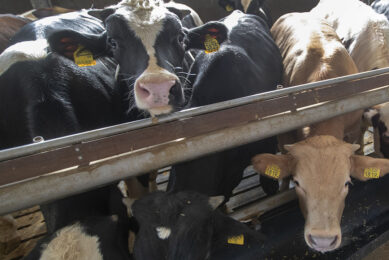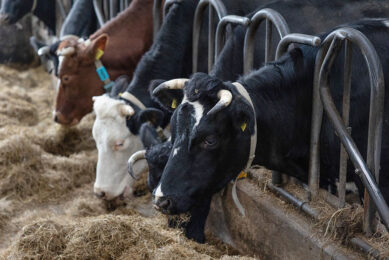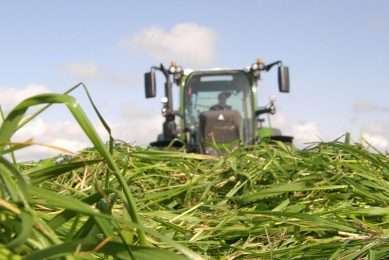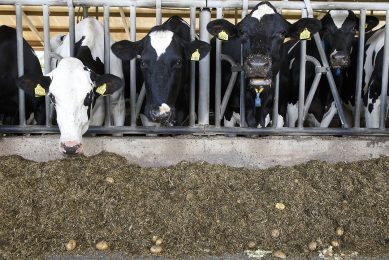Seaweed for healthy cattle
Feeding seaweed to cattle is a good animal health practice regardless of whether it also lowers methane, according to Ian Heres, manager of kelp harvester TasKelp in Australia.
Heres said as a result of feeding kelp to a test herd of Angus cattle, the herd’s annual health bill had dropped from AUS$23 per head to 80 cents through improved calving, milking and general fertility.
He claims that in cattle and other livestock, kelp promotes the development of valuable gut microbes that help the animal more fully digest the nutrients in its food.
Methane reduction
For the same reason, he believes sea plants will become a valuable tool for reducing methane output.
“The more efficiently an animal digests its food, the less methane is produced, and the more beef and milk,” said Heres, whose company harvests the kelp blown up on Tasmania’s west coast during winter storms.
He doesn’t see any logistical challenges to the widespread use of sea plants in Australia’s extensive beef industry, because they can be rendered into liquids and administered at watering points through an automatic dosing system.











